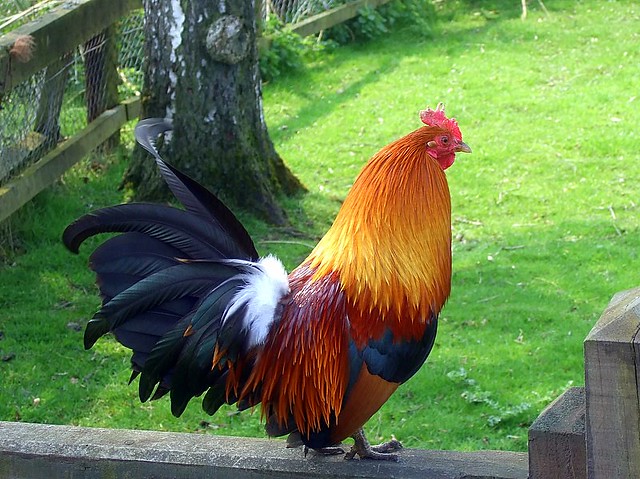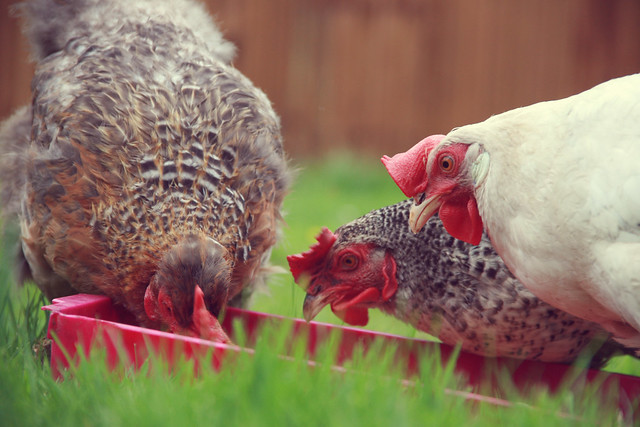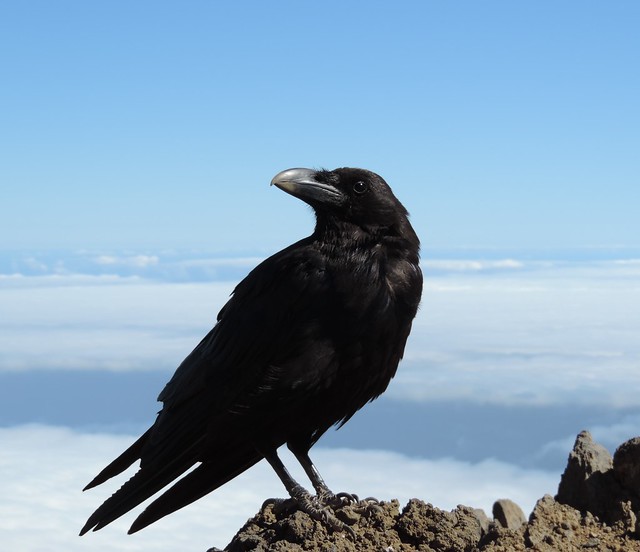Words for heron and related creatures in Celtic languages.
Words marked with a * are reconstructions.
| Proto-Celtic | *korxsā / *korxsiyos = heron |
|---|---|
| Celtiberian | *cárcia = heron |
| Gaulish | curcio- = heron |
| Old Irish (Goídelc) | corr = crane, heron, stork, crane |
| Middle Irish (Gaoidhealg) | corr = (grey) heron, stork, crane, leg-necked person |
| Irish (Gaeilge) | corr [kəuɾˠ] = (grey) heron, stork, crane, leg-necked person |
| Scottish Gaelic (Gàidhlig) | corra [kɔr̪ˠə] = heron, stork, crane |
| Manx (Gaelg) | coar = heron, stork, crane |
| Proto-Brythonic | *krɨxɨð = heron |
| Middle Welsh (Kymraec) | crychyd, krechydd, crechydd = heron |
| Welsh (Cymraeg) | crychydd [ˈkrəχɨ̞ð / ˈkrəχɪð] = heron |
| Old Cornish | cherhit = heron |
| Middle Cornish (Cernewec) | cerhidh = heron |
| Cornish (Kernewek) | kerghydh = heron |
| Old Breton | corcid = heron |
| Middle Breton (Brezonec) | quercheiz, querch-eïz, querc’heiz, qarc’hleyz kerc’heiz = heron |
| Breton (Brezhoneg) | kercʼheiz [kɛrˈɣɛjs] = heron |
Etymology: possibly immitative in origin. Words for heron in Spanish (garza) and Portuguese (garça) come from the Celtiberian root [source].
| Gaulish | crehyr = heron |
|---|---|
| Proto-Brythonic | *krexVr = heron |
| Middle Welsh (Kymraec) | crehyr, creir, cr(e)yr = heron |
| Welsh (Cymraeg) | crëyr [ˈkrɛ.ɨ̞r / kreː.ɪr] = heron |
| Middle Breton (Brezonec) | querhair = heron |
Etymology: possibly from the Proto-Indo-European *(s)ḱrey- (to scream, screech) [source].
| Proto-Celtic | *garanos = crane |
|---|---|
| Gaulish | garanus = crane |
| Proto-Brythonic | *garan = crane, heron |
| Middle Welsh (Kymraec) | caran, garan = crane, heron |
| Welsh (Cymraeg) | garan [ˈɡaran] = crane, heron |
| Old Cornish | garan = crane |
| Middle Cornish (Cernewec) | garan = crane |
| Cornish (Kernewek) | garan = crane |
| Old Breton (Brethonoc) | garan = crane |
| Middle Breton (Brezonec) | garan = crane |
| Breton (Brezhoneg) | garan [ˈɡɑː.rãn] = crane (bird, tool), groove, gallery garanadur = grooving garanan = to groove |
Etymology: from Proto-Indo-European *gérh₂n-o-s, from *gerh₂- (crane, to cry hoarsely) [source]. Words from the same roots include crack, croon, crow and possibly grouse in English, kraai (crow) in Dutch, Krähe (crow) in German [source].
Sources: Wiktionary, Etymological Dictionary Of Proto Celtic, In Dúil Bélrai English – Old Irish glossary, eDIL – Electronic Dictionary of the Irish Language, Teanglann.ie, Am Faclair Beag, An etymological dictionary of the Gaelic language, Fockleyreen: Manx – English Dictionary, Online Manx Dictionary, Gaelg Corpus, Geiriadur Prifysgol Cymru, Lexicon cornu-britannicum : a dictionary of the ancient Celtic language of Cornwall, Gerlyver Kernewek, Devri : Le dictionaire diachronique du breton, Dictionaire Favereau, TermOfis












